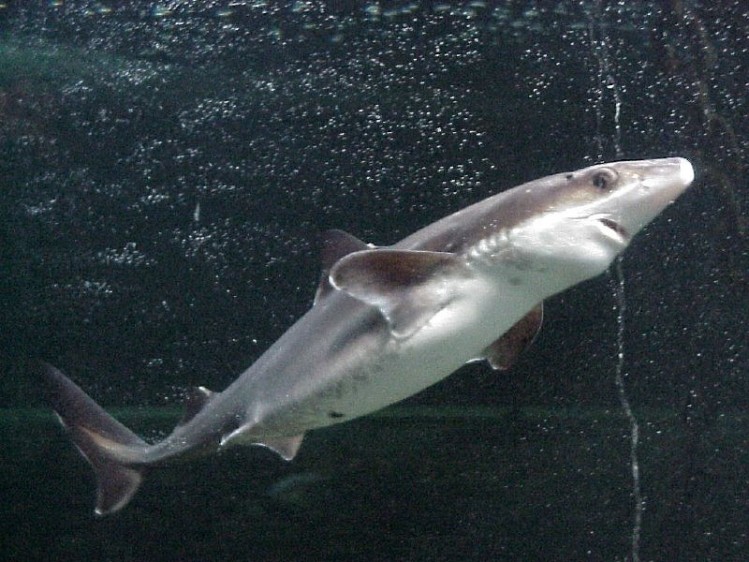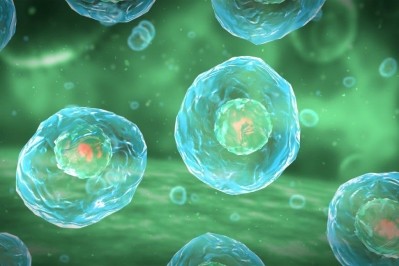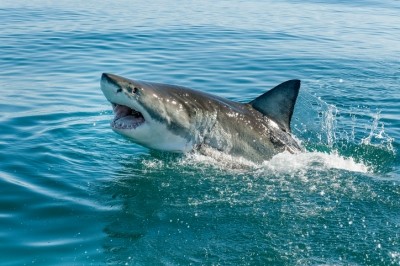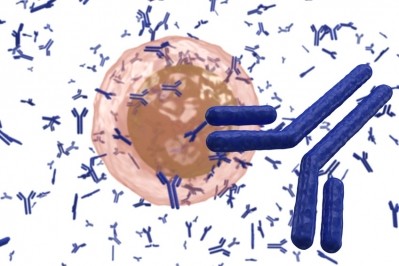Cancer-hunting shark proteins are the future of drug conjugation, says Almac

The collaboration with University of Aberdeen spin-out firm Elasmogen uses humanised antibody-like proteins discovered in spiny dogfish sharks. The companies have named their molecules – which measure one-twelfth the size of a human mAb – Solomer.
Iain James, Almac Discovery Vice President for preclinical and clinical development, told in-Pharmatechnologist.com the shark proteins are useful for drug delivery because their small size allows them to be conjugated to a cytotoxic drug.
“The reason for going for the shark molecules is they are much smaller than mammalian monoclonal antibodies. So the idea is they will penetrate tissue and tumours a lot more efficiently than the large monoclonals.”
The proteins – humanised versions of antigen receptor domain antibody fragments (vNARs) – can target particular tumours in the same way as an antibody-drug conjugate, binding to proteins on the surface of cancer cells.
Almac-Elasmogen collaboration reflects an industry-wide search for smaller targeting proteins, which have advantages over mAbs, said James. Shark vNARs are recognised as among the smallest known immunoglobulin-based protein scaffolds.
The proteins in this deal are provided by the University of Aberdeen, while Almac is contributing site-specific conjugation technology which will couple the molecules to the cytotoxic part of the drug.
The organisations have honed in on an unnamed immuno-oncology target as the core of their collaboration. The compound is in very early preclinical stages, with a preclinical candidate expected to be ready for toxicology tests “within a couple of years.”
The parties are sharing development costs, with Almac having an option on all commercialisation revenue.
Elasmogen
Elasmogen works within the University of Aberdeen’s Scottish Biologics Drug Discovery Facility. It received a US patent in February for its shark-derived vNAR drugs. The original work, which modified vNAR from an immunised shark into a humanised form, received £1.5m ($2.3m) by Scottish Enterprise and by the Biotechnology and Biological Sciences Research Council.












